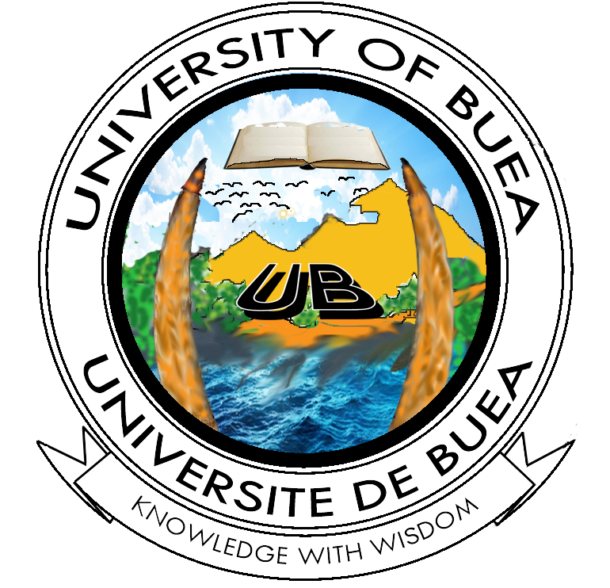| CPT476: Process Safety & Project Evaluation | 6 credits (40-10-10) |
Objectives
To study industrial hazards, loss prevention and environmental protection; basic aspects of industrial law, process economics such as investments, cost of profitability and project evaluation.
Contents
Importance of loss control, relationship of safety engineering to loss control; Definition of safety, reliability, hazard and risk; Accident statistics, major hazards in chemical industries; FAFR and socially acceptable level of risk to employees and the public; Industrial law: Robens Robert, Health and safety at work, etc, Act; hazardous installations; Common law; EEC Directives; Local Directives; Techniques of hazard identification and assessment; hazard indices; hazard and operability studies; Fault free analysis and process hazard control; Process economics: costing and project evaluation; investment and profitability; accounting and cost control; fixed capital cost estimation; economic evaluation of projects; Emission and dispersions: calculation of emission rates; venting and pressure relief; rupture of vessels and pipelines; factors affecting dispersion; puffs and plumes; fire and explosions; Toxicity: toxic limits; definitions of LC, TLV, TWA, TLV, STEL, TLV-C; Mineral dusts and carcinogens; relationship between effect and dosage; Discussions on a design problem
Prerequisite:
CPT475

